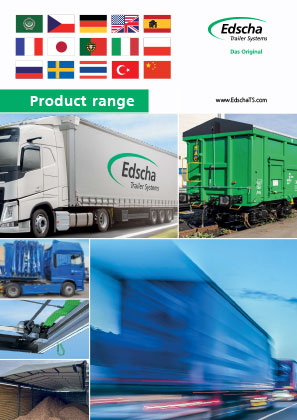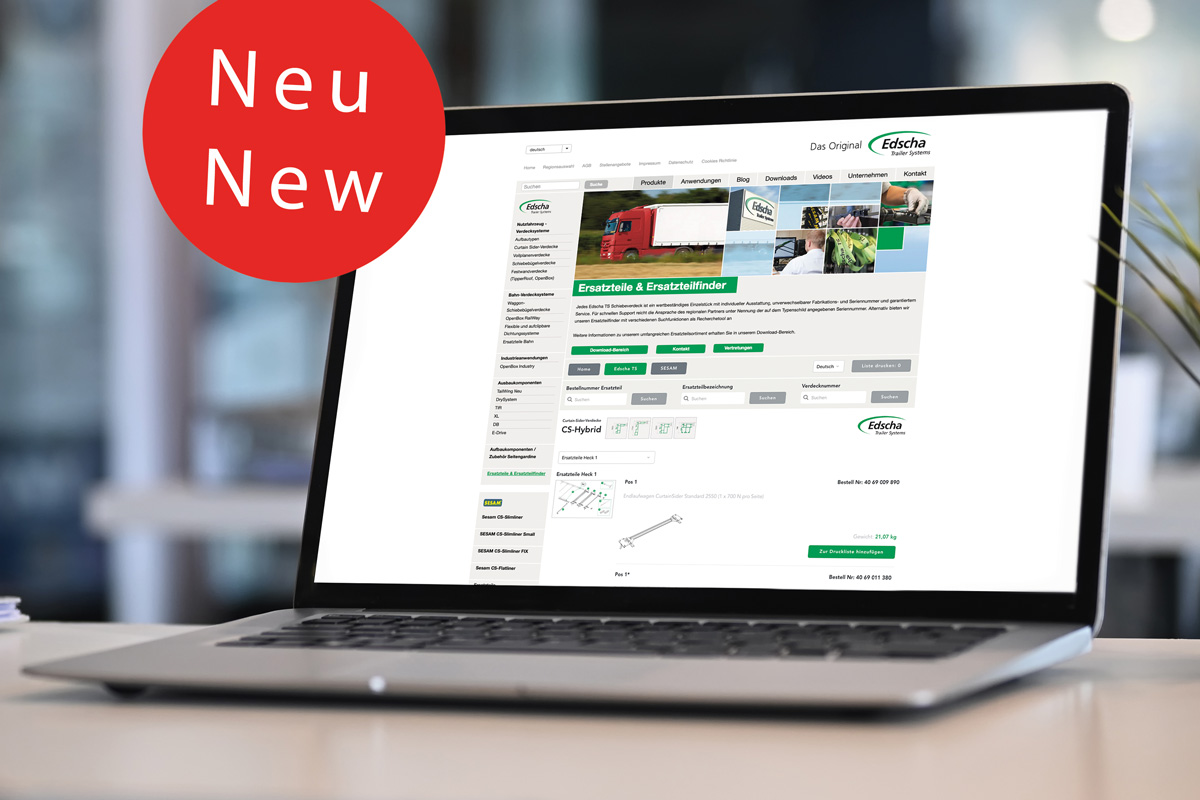Keep your distance
It is not only the risk of getting infected with the virus to which many drivers are exposed, but also a multitude of events that are the consequence of fighting the virus. At a time when the world is growing together, where production is international and cross-border, the functionality of logistical processes is hardly ever questioned. Now, however, many countries (even within the EU) are closing their borders and sealing themselves off. Schools, offices, shops and restaurants have to close down. And social contacts are also becoming more difficult. Keeping distance is the order of the day. People who, like our truck drivers, have to work under these conditions have a particularly hard time.
Full camps. Empty shelves. Dedicated drivers.
Take the example of the food trade. Although manufacturers repeatedly emphasize that warehouses are full, discounters and retailers empty the shelves for certain items. The high demand not only leads to more tours, but the tours have also become more time-consuming and complicated. For example, there were recently traffic jams at the German-Polish border with waiting times of up to 60 hours. Many drivers also find it difficult to get warm food or drinks on the road. The previously very finely balanced structure of the logistics processes has been somewhat overstretched in recent days and weeks. Freight forwarders are not able to drive and deliver as often as the current demand. Without the willingness of the drivers to do even more than they are already doing, many shelves would remain empty (...for a long time).
Do not forget necessary hygiene measures
Where people are exposed to particular risks of infection during their work, special hygiene measures must also be taken. For a driver, this primarily means keeping distance from interlocutors and larger groups, avoiding shaking hands, coughing and sneezing in the crook of your arm, washing your hands carefully (with soap for at least 20 seconds) and wearing suitable mouth protection. Last but not least, the driver's cab should be kept "clean" and all areas that regularly disinfect, such as the steering wheel, control buttons and/or door handles should be disinfected or wiped with a damp cloth.

The DocStop Hotline helps drivers who need a doctor on the road
Under the DocStop Hotline 00800 03627 867, drivers can obtain information on medical questions quickly and unbureaucratically on the road. For example, the hotline tells drivers the nearest DocStop point of contact and the telephone number of a doctor's practice or hospital. We have compiled further information on DocStop in a separate blog article.
Respect and appreciation for drivers
Certainly rightly, certain professional groups in medical care are currently the focus of the media and fellow human beings when it comes to showing gratitude for their commitment. But it is also the many people in other areas important for our care that we should thank, respect and appreciate. We would therefore like to conclude this article by expressing our thanks to all drivers and employees in logistics: they are doing an extremely important job - you can be sure of our greatest respect and appreciation!
Engagement must not be forgotten beyond the crisis
It is very important for all of us that such a "thank you" to the drivers is not just an empty phrase that is quickly forgotten after the end of the crisis. Whoever is committed to us, we as a society should also be able to give something back to them. And that is quite a lot in terms of a driver's daily life. This includes some things that are actually taken for granted. For example, let us ensure that the hygienic conditions for our drivers at rest areas improve. Clean toilets or showers, and more opportunities for daily needs or food. Last but not least, it is also important to create better working conditions within the company itself or simply to make the working relationship more pleasant.
Edscha TS wishes you: Stay healthy! And drive safely!






